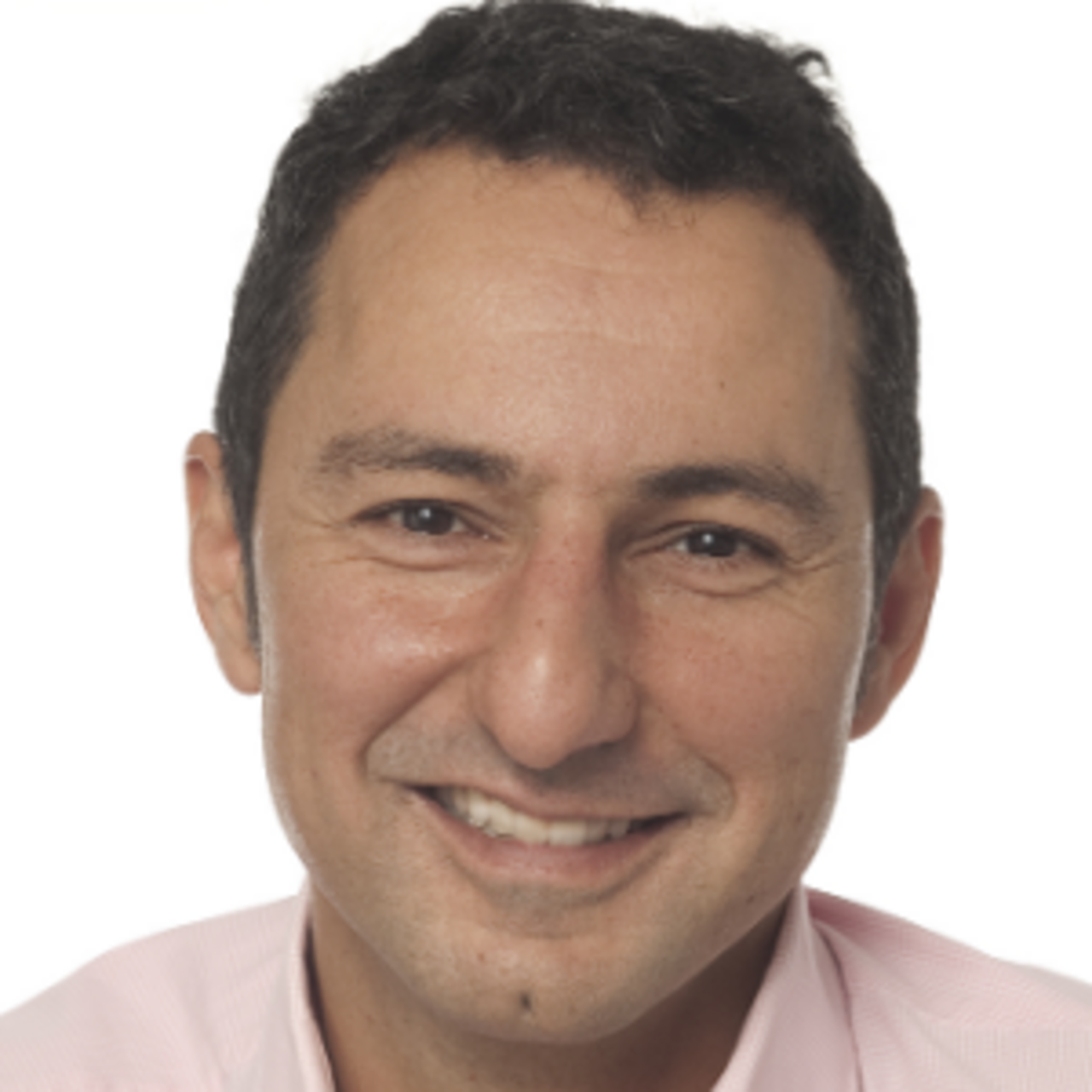Specialists in Hypothyroidism
2 Specialists found
Information About the Field of Hypothyroidism
What Is Hypothyroidism?
Underactive thyroid is generally understood to be a deficiency of thyroid hormones. In medicine, the term hypothyroidism is also used for this.
In Germany, about 5% of people suffer from hypothyroidism. Women and the elderly, in particular, are at high risk for this disease. The severe congenital form occurs in about 1 of 3400 newborns but is nowadays diagnosed early thanks to a blood test shortly after birth, the so-called newborn screening.
What Causes Hypothyroidism?
Hypothyroidism can have a wide variety of causes. Among other things, it can be triggered by inflammation of the thyroid gland. This inflammation is autoimmune, which means that it originates in the body and attacks the body's structures. This form is also called Hashimoto's thyroiditis.
Another possible cause is a severe iodine deficiency. Since the body needs iodine to produce thyroid hormones, a deficiency of iodine is associated with decreased hormone production. However, due to iodized table salt, this cause has faded into the background these days.
In addition, surgery on the thyroid gland or radiation can also lead to hypothyroidism. Due to tissue damage or the removal of thyroid tissue, hormone production is restricted.
Certain medications can also trigger hypothyroidism.
Congenital hypothyroidism should be examined separately. It can be caused, for example, by genetic mutations and thus disorders in various parts of the hormone production process.
Since all the above causes focus on the functional impairment of the thyroid gland, they are called "primary causes of hypothyroidism."
However, the hormone deficiency may also lie outside the thyroid gland, namely in the brain. There are two areas, the hypothalamus, and the pituitary gland (lat. hypophysis), which control the activity of the thyroid gland. If there are disturbances, the thyroid gland does not produce enough hormones. These causes are called secondary.
What Are the Symptoms of Hypothyroidism?
Since thyroid hormones control many other functional circuits in the body, a deficiency results in many different symptoms. These include hair loss, sensitivity to cold, dry skin, constipation, weight gain, weakness, and fatigue. It can also cause psychological impairments, such as memory and concentration problems and depression.
The congenital form, if left untreated, shows severe symptoms. Children then show delays in development, physically and mentally.
In the elderly, symptoms are usually very nonspecific, so the condition is often not recognized and thus not treated. The symptoms, such as concentration and memory disorders or depression, are attributed to old age, not hypothyroidism, which could be treated well.
How is Hypothyroidism Diagnosed?
Laboratory tests diagnose hypothyroidism. For this purpose, blood is taken and examined for the amount of thyroid hormones. TSH is measured as the decisive parameter. TSH is the hormone secreted by the pituitary gland to stimulate the thyroid gland to produce hormones. If the thyroid gland produces enough hormones, they have a negative effect on TSH secretion, and the TSH in the blood decreases. In this way, hormone production regulates itself.
Suppose there is a deficiency of thyroid hormones. As is the case with hypothyroidism, the "brake" on TSH production is missing, and the body wants to compensate for the hormone deficiency by increasing production, so increased TSH is produced. The TSH level in the blood is therefore elevated.
At the same time, the free thyroid hormones T3 and T4 are measured in the blood. The production of these is the main task of the thyroid gland, and they are the hormones that perform essential functions in the body. In the case of manifest hypothyroidism, the thyroid gland cannot produce enough T3 and T4, which means that the levels of both hormones are decreased.
Therapy: How Is Hypothyroidism Treated?
Hypothyroidism is typically treated with hormone replacement therapy. Patients are given the thyroid hormone T4 as a medication. This medication is called levothyroxine or L-thyroxine, and in the best case, it ensures that the free thyroid hormones rise back into the normal range and the TSH drops.
Levothyroxine is taken once a day in the morning, about 30 minutes before breakfast, as this is the best way for the active substance to be absorbed by the body. The dosage is usually between 75 and 150 micrograms and is determined based on various aspects, such as body weight.
The initial complaints and symptoms disappear by substituting the missing hormones and thus treating the hormone deficiency.
Course of Hypothyroidism
The course of hypothyroidism varies greatly and depends mainly on the triggering cause. If, for example, inflammation is the cause, hypothyroidism often begins insidiously and slowly so that it is not noticed. If the damaged thyroid tissue is lost, the remaining healthy tissue can often compensate for this partial loss by producing more hormones. If this is no longer sufficient, the first symptoms appear, and external treatment with medication becomes necessary.
In the case of inflammation of the thyroid gland, there is also the possibility that the hypofunction will disappear once the inflammation has subsided, and the thyroid gland will once again function usually.
Which Doctors and Clinics Are Specialized in Hypothyroidism?
Every patient who needs a doctor wants the best medical care. Therefore, the patient is wondering where to find the best clinic. As this question cannot be answered objectively and a reliable doctor would never claim to be the best, we can only rely on the doctor's experience.
We will help you find an expert for your condition. All listed doctors and clinics have been reviewed by us for their outstanding specialization in hypothyroidism and are awaiting your inquiry or treatment request.
Sources
- www.gesundheitsinformation.de/schilddruesenunterfunktion-hypothyreose.html
- Silbernagl S., Lang. F., „Taschenatlas der Pathophysiologie“, 2. Auflage (2005), Thieme Verlag
- www.msdmanuals.com/de-de/profi/endokrine-und-metabolische-krankheiten/schilddr%C3%BCsenerkrankungen/hypothyreose

